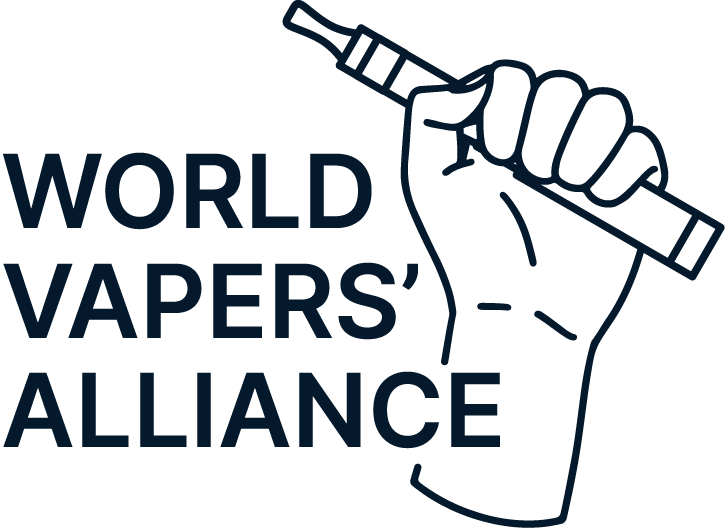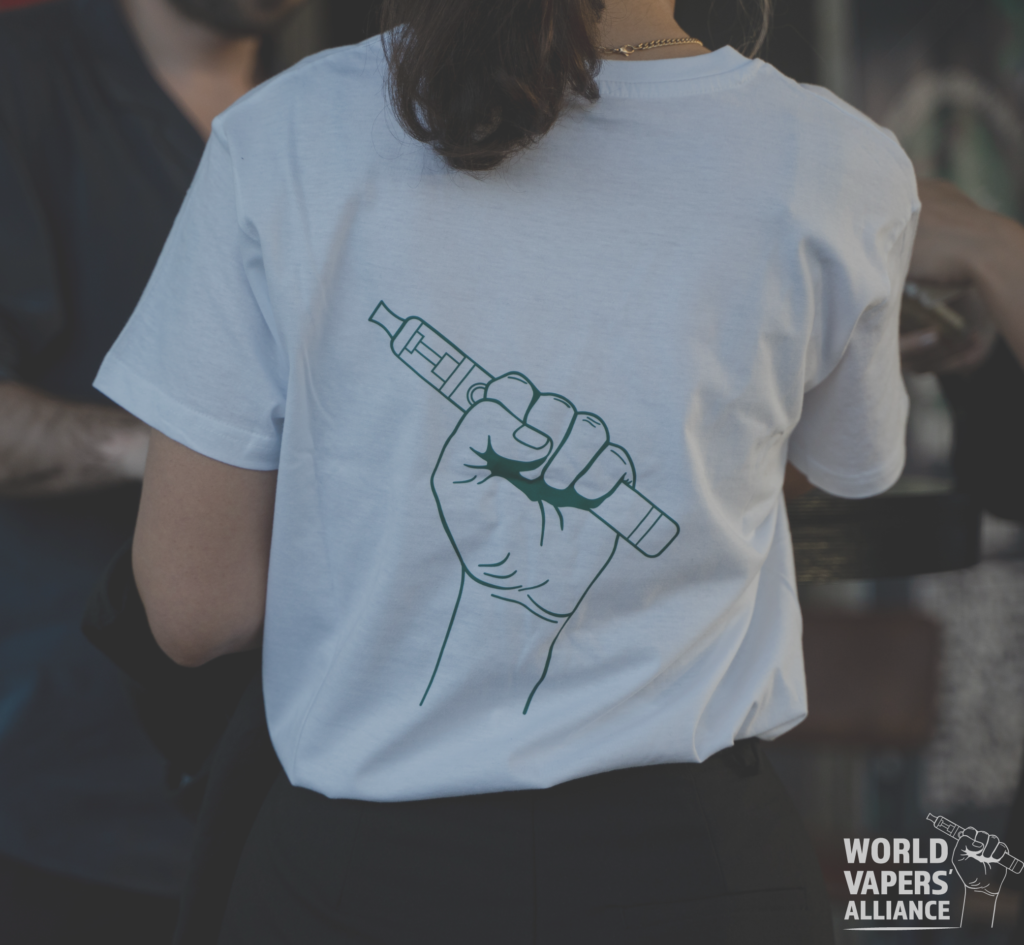Disgħa u tmenin sena ilu, il-projbizzjoni tal-alkoħol spiċċat. Il-projbizzjoni mhux biss qerdet miljuni ta’ familji u ħajjiet, iżda ħolqot ukoll uħud mill-akbar u l-aktar kartelli tal-mafja tal-biża’ li qatt dehru. Iżda dak li hu inqas magħruf huwa li tat ukoll bidu għall-gwerra kontra d-droga, li għadna narawha llum.
Johann Hari ddeskriva l-bidu tal-gwerra kontra d-droga fil-ktieb tiegħu “Insegwu l-Għajta”"tajjeb ħafna, u waħda mill-figuri ewlenin hija Harry Anslinger, li sar kummissarju tal-Uffiċċju Federali tan-Narkotiċi tad-Dipartiment tat-Teżor tal-Istati Uniti fl-1930. F'rapport reċenti podcast, Hari jiddeskrivi lil Anslinger bħala "l-iktar raġel ħażin li ħadd ma jaf". Huwa ħa f'idejh il-Bureau hekk kif kien wasal iż-żmien li tiġi pprojbita l-alkoħol. Malajr induna li mingħajr l-alkoħol bħala l-għadu numru wieħed, kellu bżonn mira ġdida biex jiġġustifika l-eżistenza tax-xogħol tiegħu u jżomm il-finanzjament għall-aġenzija tiegħu għaddej. Skont Hari, huwa beda jimbotta għal gwerra kontra l-eroina u l-kokaina iżda induna li ftit wisq nies kienu qed jikkunsmaw dawk il-prodotti biex jiġġustifikaw l-ammont massiv ta' flus li kienu qed jidħlu fl-aġenzija tiegħu. Għalhekk, il-pjan "ħażin" tiegħu kien li jibda gwerra kontra l-kannabis. Dan kien "perfettament" konformi mal-fehmiet segregazzjonisti razzjali tiegħu, u seta' jimmira lejn nies suwed u l-mużika jazz. Barra minn hekk, kien jistmerr lin-nies dipendenti (mill-perspettiva tiegħu) fuq kwalunkwe sustanza. Dak li kien nieqes kien storja tal-biża' biex tibda l-gwerra kontra l-kannabis.
Għalhekk, meta sema’ dwar qtil brutali b’mannara, kien jaf li dan kien il-mument li kien qed jistenna. Victor Licata kien qatel lill-familja tiegħu b’mannara. Anke jekk it-tobba ddeterminaw li kien qed isofri minn skizofrenija, tiegħu il-konsum tal-kannabis kien akkużat.
Fl-aħħar, Anslinger kellu l-istorja perfetta tiegħu, fejn sostna waqt seduta fil-kungress, “Xi nies jidħlu f’rabja kbira, u jkunu temporanjament irresponsabbli u jistgħu jwettqu reati vjolenti.” Dan kien il-bidu ta’ kampanja massiva kontra l-kannabis (inkluż il-bidu tal-użu tat-terminu marihuana biex jagħmlu jinstema’ aktar Messikan, skont Laura Smith) u wasslet għall-projbizzjoni tal-kannabis li hija responsabbli għal mijiet ta’ eluf ta’ mwiet u qerdet miljuni ta’ ħajjiet.
Għaliex dan huwa rilevanti għad-dinja tal-vaping? It-tweġiba hija sempliċi: il-politika għadha taħdem b'modi simili ħafna. Hawn erba' raġunijiet għal dan:
- Il-projbizzjoni toqtol
Jekk dawk li jfasslu l-politika issa kellhom jitgħallmu ħaġa waħda mill-istorja, hija li l-projbizzjoni ma taħdimx. Il-projbizzjoni tal-alkoħol fl-Istati Uniti kienet diżastru komplet li wassal għal aktar konsum tal-alkoħol u konsum mhux sikur u ġġenerat kartelli kriminali massivi u fatali. Il-gwerra kontra d-droga madwar id-dinja hija falliment komplet u spiss irriżultat f'politiki kontroproduttivi. Il-projbizzjoni qerdet miljuni ta' ħajjiet fl-Istati Uniti u l-gwerra kontra d-droga kważi waqqgħet pajjiżi sħaħ. Billi jiġu pprojbiti l-prodotti, id-domanda ma tisparixxix, iżda l-fornitur jinbidel minn negozji uffiċjali għal atturi tas-suq iswed. Dan jista' jinstema' sempliċistiku wisq, iżda huwa... fatt tal-istorja. Għalhekk, huwa ġust li wieħed jassumi li l-gwerra kontra l-vaping se jkollha l-istess riżultati. Il-projbizzjoni, jew saħansitra r-restrizzjoni, tal-vaping u n-nikotina għall-adulti se tagħti spinta lill-attivitajiet tas-suq iswed u żżid il-konsum ta’ prodotti diġà pprojbiti.
- Il-burokraziji qatt ma jilħqu l-għanijiet tagħhom
L-istorja mill-Uffiċċju tan-Narkotiċi tiddeskrivi perfettament il-kunċett ta“ “missjoni creep“. L-aġenziji tal-gvern, iżda wkoll ħafna NGOs, qatt ma jirbħu – ikun xi jkun l-għan tagħhom. Wara li ntemmet il-projbizzjoni tal-alkoħol, ma qalux: “tajjeb, m’aħniex meħtieġa aktar, allura ejja nabbandunaw ix-xogħol komdu u l-pensjoni” – bdew ifittxu miri ġodda. F’dan il-każ, kienet il-kannabis. Fir-rigward tal-kumpless kontra t-tipjip, huwa l-vaping u n-nikotina. Minflok ma ċċelebraw in-numru dejjem jonqos ta’ dawk li jpejpu u ħafna inqas imwiet, ħafna gvernijiet, aġenziji tas-saħħa pubblika, u attivisti kontra t-tipjip ilhom ifittxu għedewwa ġodda. Huma ddeċidew li jagħtu l-ħtija lill-vaping u lin-nikotina b’mod ġenerali, u b’riżultat ta’ dan, il-ġlieda kontra t-tipjip gradwalment inbidlet f’battalja kontra n-nikotina.
- Gwerra kontra d-droga tfisser ukoll gwerra kontra x-xjenza
Biex iżommu gwerra kontra sustanza partikolari, l-aġenziji tal-gvern u l-NGOs jeħtieġu l-pubbliku fuq in-naħa tagħhom, u kif uriet l-istorja, għal xi wħud, dan huwa aktar importanti mill-fatti xjentifiċi. L-eżempji klassiċi huma l-ewwel jiem ta’ films u posters kontra l-kannabis li jsostnu li l-ħaxixa tal-kannabis tġennuna. Hawn hu eżempju:
“L-aħħar tmiem tal-vizzju tal-marijuana: ġenn bla tama.” Dikjarazzjoni bħal din m’għandha x’taqsam xejn mar-realtà xjentifika, iżda l-pubbliku ġie bbumbardjat b’istejjer tal-biża’ biex iżomm l-oppożizzjoni tiegħu lejn il-kannabis.
Hija affermazzjoni ġusta li nistgħu nosservaw similaritajiet mal-folla kontra l-vaping. Aktar minn tliet snin wara t-"tifqigħa" tal-EVALI (allegati danni għas-saħħa attribwiti lill-vaping), xorta nistgħu naqraw artikli fil-gazzetti jew nisimgħu politiċi jsostnu li l-vaping joqtol lin-nies - anke jekk din l-istqarrija kienet... żvelat diversi drabi.
Konsegwenza oħra ta’ dan il-preġudizzju hija li x-xjenza ssir unilaterali, u l-benefiċċji potenzjali jiġu traskurati. reviżjoni minn 755 studju ta“ każ dwar l-effetti ġenerali tal-vaping ikkonkludew li 37 biss ”huma eliġibbli għal kriterji preċiżi ta’ kwalità xjentifika”. Dak li jagħmel preġudizzju bħal dan saħansitra agħar huwa li dawn l-istudji spiss jintużaw biex jibbażaw il-politika tal-vaping.
Il-gwerra kontra l-vaping u n-nikotina tiskoraġġixxi wkoll lin-nies milli jaqilbu s-sigaretti. Dan se jfixkel is-saħħa pubblika. Mhux hekk biss, iżda bla bżonn, ħafna nies se jibqgħu jpejpu. Il-limiti dojoq fuq ir-riċerka xjentifika rigward in-nikotina se jisirquna minn innovazzjoni potenzjali u forsi anke trattamenti għal ħafna mard. Riċentement, rajna l-konsegwenzi tad-diżinformazzjoni u l-propaganda kontra x-xjenza fl-aqwa tagħha, fejn Il-Gwardjan irrapporta li tabib Awstraljan ta sigaretti lil ibnu biex jieqaf juża s-sigaretti elettroniċi.
- L-ideoloġija tikkorrompi l-istituzzjonijiet pubbliċi
Milton Friedman darba qal li “xejn mhu daqshekk permanenti daqs programm governattiv temporanju”, u naħseb li huwa ġust li ngħidu li kellu raġun f’din il-valutazzjoni. Anke meta l-fatti jinbidlu, il-politiċi u l-istituzzjonijiet uffiċjali rarament ibiddlu l-opinjoni jew l-approċċi tagħhom. Il-gwerra kontra d-droga hija eżempju ewlieni ta“ dan. Lanqas biss nistgħu nżommu d-droga barra mill-ħabsijiet, iżda xorta waħda, ħafna politiċi jaħsbu li huwa possibbli li nżommuha barra minn pajjiż sħiħ jew saħansitra kontinent, li huwa impossibbli. Iżda jista” jsir agħar: mhux biss xi wħud ma jibdlux l-attitudni tagħhom meta toħroġ evidenza xjentifika jew mid-dinja reali ġdida, iżda xi kultant saħansitra jippruvaw jrażżnu evidenza ġdida. Wieħed mill-agħar eżempji huwa wieħed mill-aktar studji estensivi li qatt saru dwar l-użu globali tal-kokaina mid-WHO fl-1995. L-istudju ma qabilx ma’ kull aspett tal-gwerra tal-Istati Uniti kontra d-droga. Qal: “Żieda fl-adozzjoni ta’ risposti bħal programmi ta’ edukazzjoni, trattament u riabilitazzjoni hija kontrobilanċ mixtieq għad-dipendenza żejda fuq l-infurzar tal-liġi.” X’ġara mill-istudju? Skont Ben Goldacre, ġie rtirat għax l-Istati Uniti heddew lid-WHO li tneħħilha l-finanzjament jekk tippubblika l-istudju (li aktar tard ġie żvelat).
Fir-rigward tal-vaping, naraw xejra simili mad-WHO. L-approċċ tagħha huwa mimli b'biża' preġudikat kontra l-vaping u stqarrijiet foloz kull meta jmissu l-kwistjoni. Minflok ma tiffoka fuq l-għan importanti ħafna li tnaqqas it-tipjip, id-WHO qed iddawwar l-armi tagħha fuq il-vaping, l-aktar għodda qawwija biex wieħed jieqaf mit-tipjip fuq il-pjaneta. Huma jsibuha aktar importanti li jsegwu l-approċċ ta' 'nieqaf jew imut' imxandar mill-isponsors biljunarji tad-WHO, bħal Mike Bloomberg. Id-WHO tinjora sistematikament l-ammont kbir ta' evidenza xjentifika li tipponta lejn il-benefiċċji tal-vaping, biex ma nsemmux l-esperjenza diretta ta' miljuni ta' vapers.








Tweġiba Waħda